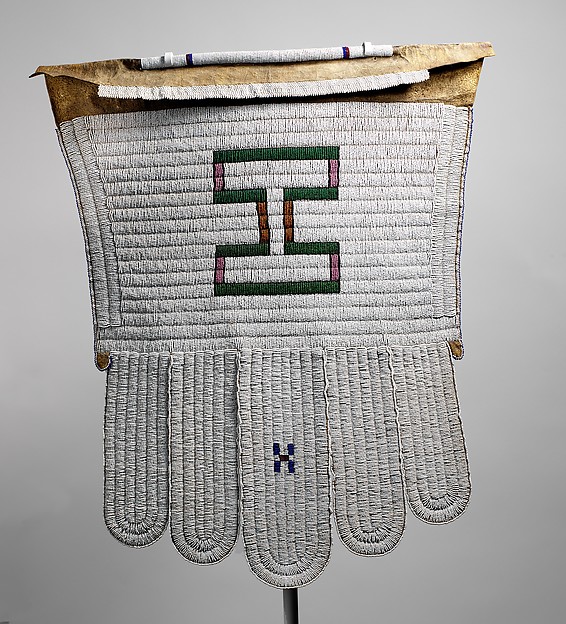For the Ndebele, part of the Nguni tribes who reside around the greater Pretoria area in South Africa, marriage rites involve three stages, taking several years and concluding only after the first child is birthed.
The first stage, Labola is for the bride and paid in installments with both money and livestock. The second stage is a two-week separation of the bride. Before a woman is married a “bukhazi” is performed; the bride to-be goes into a smaller room/hut for a week before the wedding and the elder women in the community coach her about her role as a wife and her duties as a married woman within the village.
The third stage is completed when the bride has her first child. It should be noted that the Ndebele allow for polygyny (having more than one wife at a time).
“The groom-to-be sends a letter to the bride’s family to request a date for the Labola (bride price) negotiation. He then has to purchase a sheep, some blankets, a broom and a few clothes for the girl’s family. The groom’s parents then visit the bride’s parents and pay the Labola, after this they take the girl to the man’s family for familiarization.”
Food is prepared and served the traditional way on the marriage day but must include ‘mielie pap’ (traditional maize meal) as well as meat, salads, fruit, sweets and cakes.

Right before an Ndebele wedding, the groom’s mother usually makes a Jocolo, (a special apron made from goatskin decorated with beautiful colorful beads). This special garment is worn by all the married women during the wedding ceremony, as it represents a mother being surrounded by children.
Owing to Christian elements, wedding vows have become part of the marriage rites and involve the placing of rings on each other’s fingers. After the religious ceremony the couple revert to traditional clothing and together with guests head to the bride’s home for meals after which gifts are presented to the newlyweds. The new wife is also given an Ndebele name.
Brides have a lifelong obligation to observe the custom of ukuhlonipha or “respect” for their fathers-in-law. In case of divorce, witchcraft accusation, and even infidelity, a woman is forced to return to her natal homestead. Fathers demand more bride-wealth for educated women. A single household may be composed of a man, his wife and children (including children of an unmarried daughter), wives and children of his sons, and a father’s widowed sister.
Contemporary Ndebele households are essentially matrifocal, and children interact with their fathers and elder male siblings only over weekends.
Also the culture of the Ndebele people is unique regarding their colorful and rich mural paintings.




